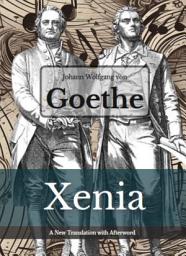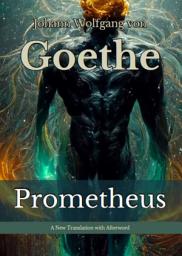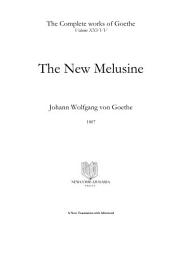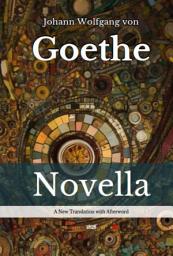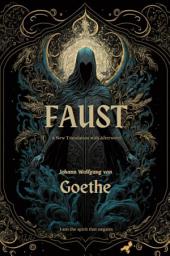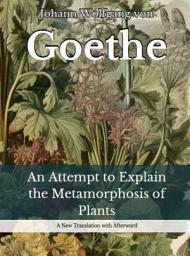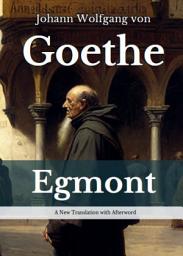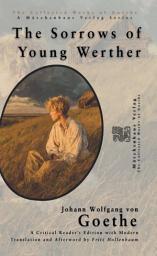The Collected Works of Goethe
About this ebook series
"If one assumes such ends to be a first thing, that means exist for the satisfaction of these ends, and that it is God who causes these means to come into being for such ends, such a consideration soon seems inadequate to what God is. These ends, in so far as they are divided, specialised, become something insignificant in themselves, for which we have no respect, cannot imagine that they are direct objects of God's will and wisdom. All this is summed up in a Xenia by Goethe: there the praise of the Creator is put into one's mouth, that God created the cork tree in order to have stoppers."
Hegel, Lectures on Religion
Forged in the white heat of literary combat, this collection of over 400 biting epigrams, co-authored with Schiller, served as a defiant counterattack against the perceived mediocrity, envy, and critical hostility plaguing the German literary scene following the launch of their journal Die Horen. Published anonymously in Schiller’s Musenalmanach für das Jahr 1797, these distilled, often savage couplets targeted specific critics, hack writers, and prevailing cultural philistinism with unparalleled wit and polemical precision.
Ranging from scathing satire ("Against the Detractors": "Much you find fault with? Good! It shows you have looked at much. / But that you found nothing good? That’s bad.") to programmatic statements on aesthetic ideals, the Xenia functioned as both a weapon and a manifesto, asserting the uncompromising standards of Weimar Classicism against perceived Romantic excess, shallow Enlightenment rationalism, and commercialized triviality. While provoking outrage and scandal, this collaborative project cemented the Goethe-Schiller alliance, demonstrating the potency of classical form for contemporary critique and leaving an indelible mark on German intellectual history as an audacious act of cultural self-assertion.
This critical reader’s edition presents a faithful modern translation of the original manuscript in Fraktur (the old German script), rendering Goethe’s complex ideas in clear, contemporary prose. It includes supplementary material that provides autobiographical, historical, and linguistic context to this eighteenth-century work, along with an extensive afterword on Goethe’s life, personal philosophy, outsized impact on central European history, and intellectual legacy, plus an index of key philosophical concepts with particular attention to Romanticism and Classicism. Rounding out the volume are a comprehensive chronology of his published writings and a detailed timeline of his life, highlighting the personal relationships that profoundly shaped his thought- namely Schopenhauer, Schiller and Hegel.
